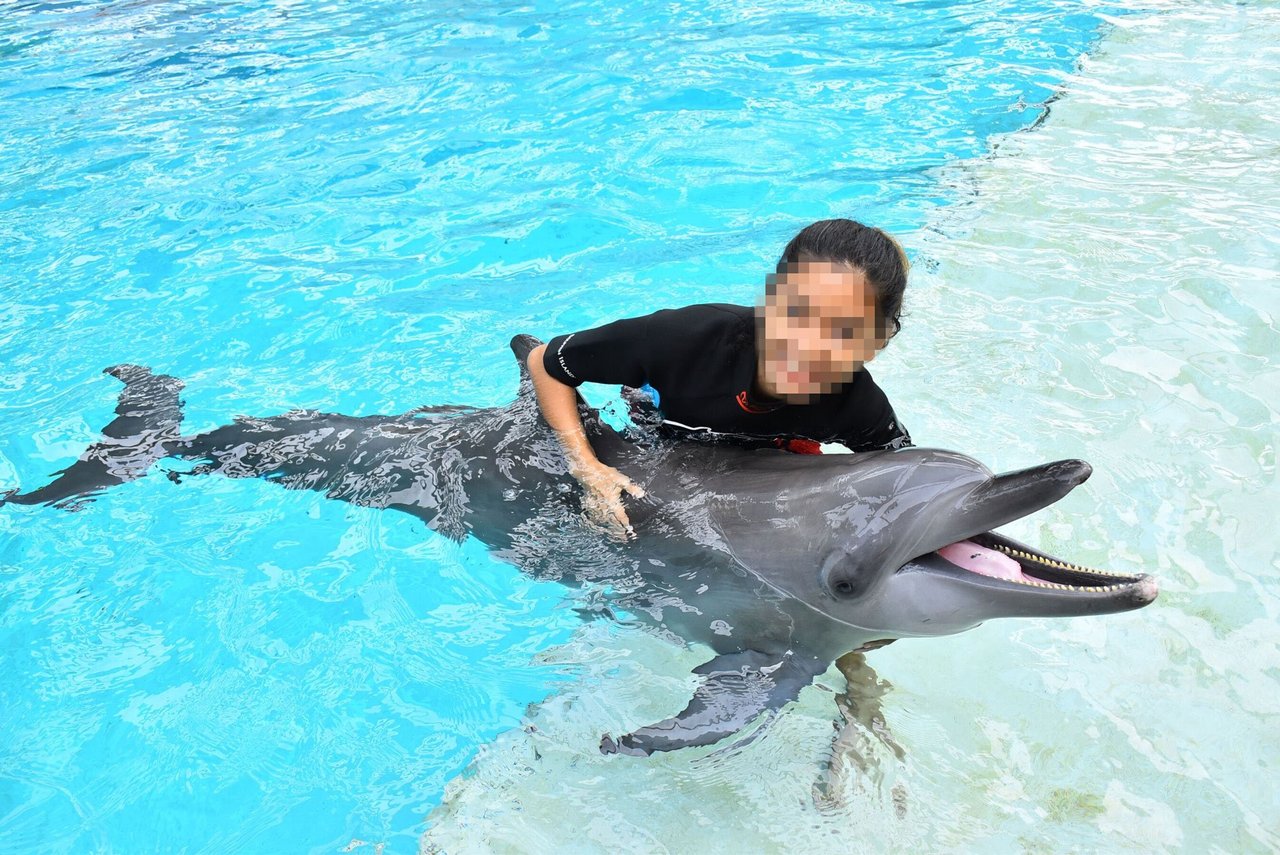The Wildlife Selfie Code
The Amazon rainforest is famous for its diverse wildlife. And the number of tourists who want to take selfies with its fascinating animals is rising fast. Sadly, this has led to exploitation.

For more than 70 years, World Animal Protection India has been advocating to put an end to cruelty and suffering towards animals. During this period, we have expanded our reach and impact. We have played a pivotal role in elevating the importance of animal welfare on a worldwide level, bringing about notable advancements in the treatment of both farm and wild animals.
The Amazon rainforest is famous for its diverse wildlife. And the number of tourists who want to take selfies with its fascinating animals is rising fast. Sadly, this has led to exploitation.
1,500 wild animals are being kept captive for entertainment tourism in Bali. Avoid wildlife abusement parks and call on travel companies to play their part in combatting animal cruelty.
550,000 wild animals are suffering miserably at tourist attractions in Asia and across the world.
Lions are exploited and killed in their thousands for profit. We ask the Prime Minister of India to support the call to end wildlife trade. Forever.
We helped to end bear dancing in India–an age old tradition cruelly exploiting bears for entertainment; with cubs poached from the wild and trained to ‘dance’ for tourists on the streets of India.
We work to stop bears being cruelly exploited in bear-baiting – an inhumane bloodsport where bears, unable to defend themselves, battle against trained dogs for entertainment.
Scoring fast-food giants around the world on the welfare of meat chickens within their supply chains. Download the annual audits and scores now.
Ever wondered what lifelong isolation looks like? Poor chickens who have become mere sources of business and food to this cruel world live it every day until dead but, we can still help them. Your one-minute signup can give them a better life. ACT NOW!
Cows and buffaloes deserve a better life. We can make it happen. An estimated 50 million dairy animals suffer every day in India and a significant number of these suffer the worst cruelty as they live in unacceptable conditions in these urban and peri-urban dairies.
Chickens are the most abused animals in the world and billions of them are suffering daily. They deserve better. You might ask – ‘why should I care about the suffering of chickens?’. The straight answer is – you should.
VERU provides veterinary students with the essential knowledge, and know how, to be able to respond quickly to protect animals, effectively and safely, when disasters happen.
Preparing communities to respond quickly to protect animals in disasters, not only saves lives, but helps to reduce the need for long-term aid and assistance.
We have been protecting animals in emergencies across India since 2008, helping animals to survive and safeguarding the livelihoods of people who depend on them.
For more than 50 years, we have helped governments and communities prepare for disasters, enabling people to protect animals and rebuild their lives.
We move fast to protect animals affected by disasters
Horses, donkeys and mules are used around the globe as working animals. But despite the vital role they play in sectors from farming to transport, many animals are abused or ill-treated.
Humane alternatives to dog culling don’t only exist – they’re the most effective way to manage dog populations.
Life's better with dogs: dogs are amazing animals, capable of extraordinary things. Sadly, many of them are in terrible jeopardy. Join us to hear how you can help protect dogs and other animals.